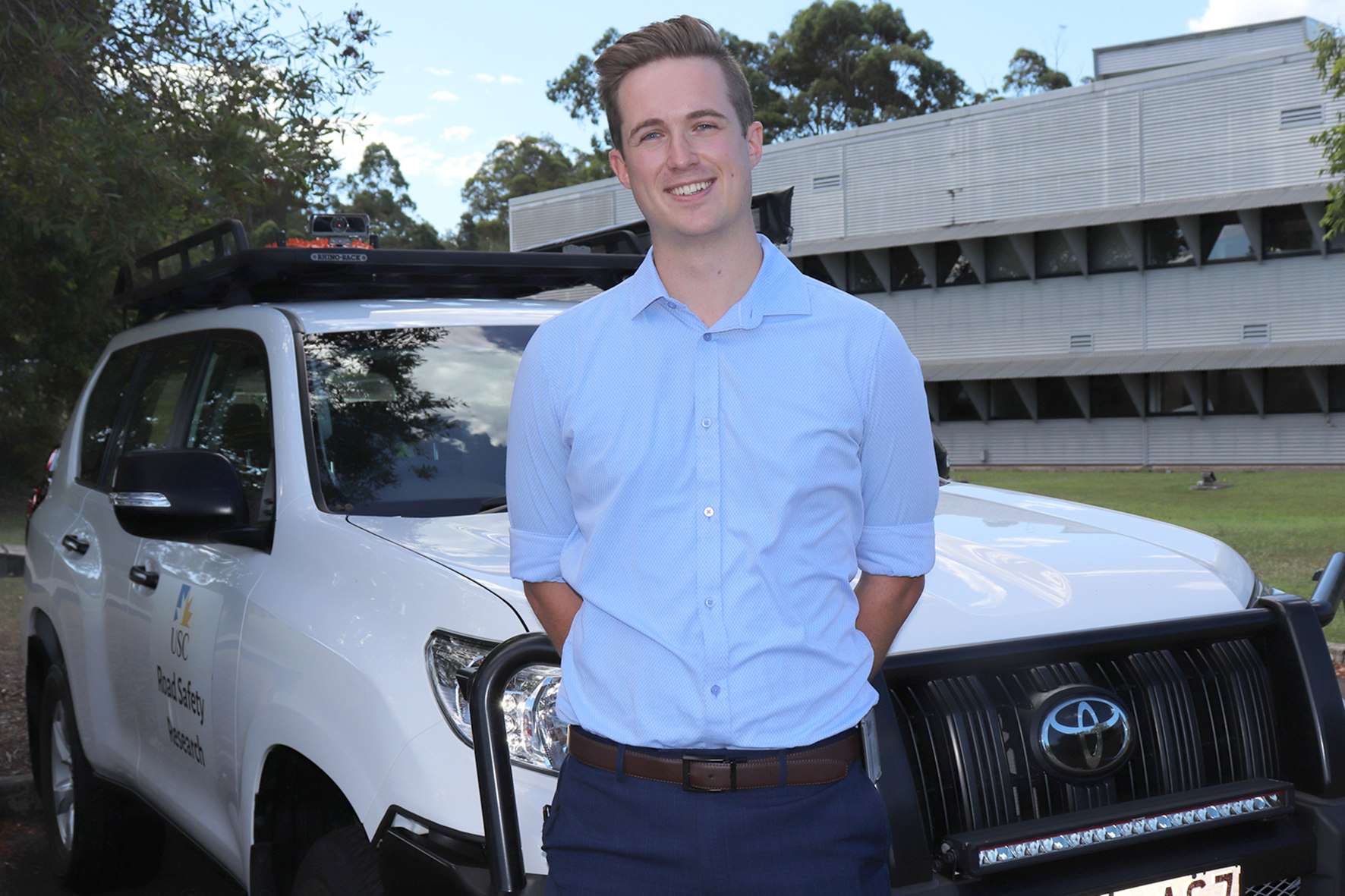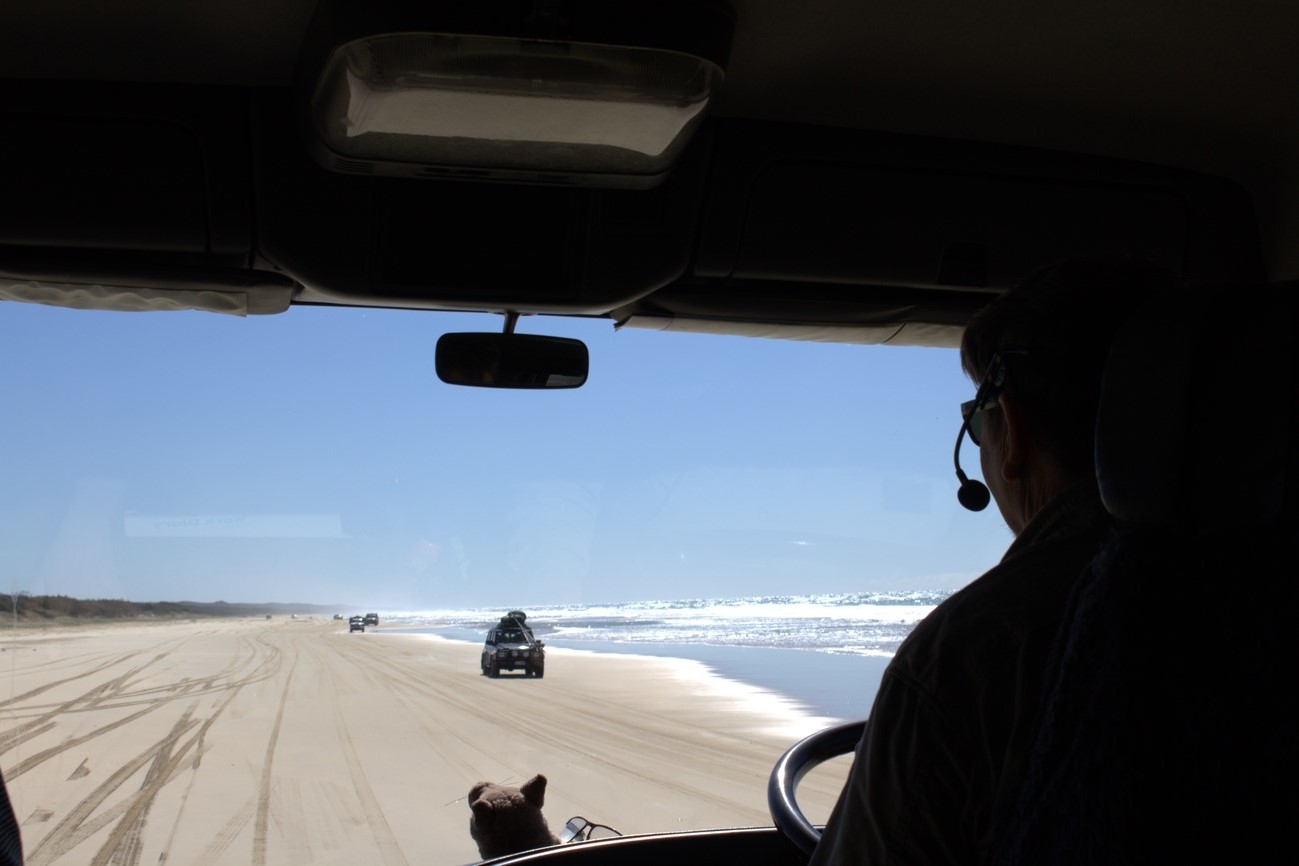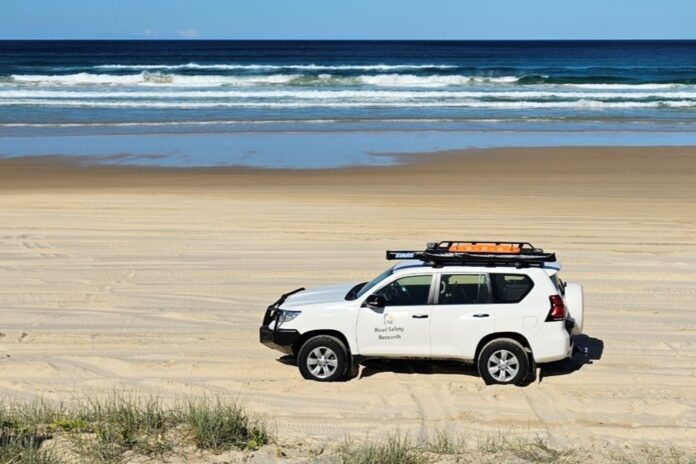Researchers are trying to find out why so many drivers of four-wheel-drives are flouting rules on beaches.
The study, by the University of the Sunshine Coast and Motor Accident Insurance Commission, comes as police appeal to holidaymakers to stay safe on the sand.
Thousands of 4WDs will hit the region’s beaches for the Easter long weekend and school break, after hundreds of traffic infringement notices were issued during previous holiday periods, including a four-day blitz late last year.
The study’s chief investigator Levi Anderson said he was eager to discover why more drivers broke rules on beaches.
“In our previous research, we learned that peer influence and the belief they would not be caught by police were key motivating factors for drivers engaging in risky behaviour on the beach,” he said via a UniSC media release.
“This time, we’re digging deeper into what drivers perceive as the differences between beach and road environments, to understand why so many people offend on the beach but not on the road.”
Do you have an opinion to share? Submit a Letter to the Editor at Sunshine Coast News via news@sunshinecoastnews.com.au. You must include your name and suburb.
The Road Safety Research Collaboration is seeking participants who have driven on the Noosa North Shore, Teewah, Rainbow or Double Island beaches in the past five years to take part in a survey about their experiences there.
Mr Anderson says understanding how people think about driving on these beaches is crucial to preventing future tragedies.
“Serious crashes and injuries are becoming more prevalent on beaches,” he said.
“We saw this illustrated late last year with a fatal crash involving a young foreign driver.

“People need to remember apply the road rules, drive to the conditions, don’t exceed the speed limits and be vigilant because, unlike our roads, the beach’s surface changes daily and hazards can appear out of nowhere.
“We hope this research will help us further understand beach driving behaviour so we can assist with the prevention of offending and preserving life on our beaches.”
Senior Constable Peta Schenk reminded beach campers to obey rules, and said there would be a strong police presence.
“Police will be out enforcing safe driving along some of our most popular beach destinations,” she said.
“Everyone is there to enjoy themselves. Please behave yourselves and drive responsibly. Don’t become responsible for another statistic.”

She offered this advice:
- Don’t speed – speed limits apply on the beach and inland tracks. Keep an eye out for signs.
- Wear your seatbelt and make sure your passengers do too.
- If you are planning to drink, plan ahead and don’t drive.
- Do not overload vehicle/trailers, especially on roof racks. Vehicles can easily overturn or become trapped in soft sand.
- All passengers must remain inside the vehicle. It is illegal for people to travel outside the vehicle, such as on bonnets or in trays. Penalties apply to both the driver and the passengers.
- Check the tides: don’t get caught out.
- Watch out for people, particularly children walking or playing on the beach. It is important to remember that people may not hear your vehicle approaching due to the sound of the surf and wind.
- Ensure that children are supervised at campsites.





